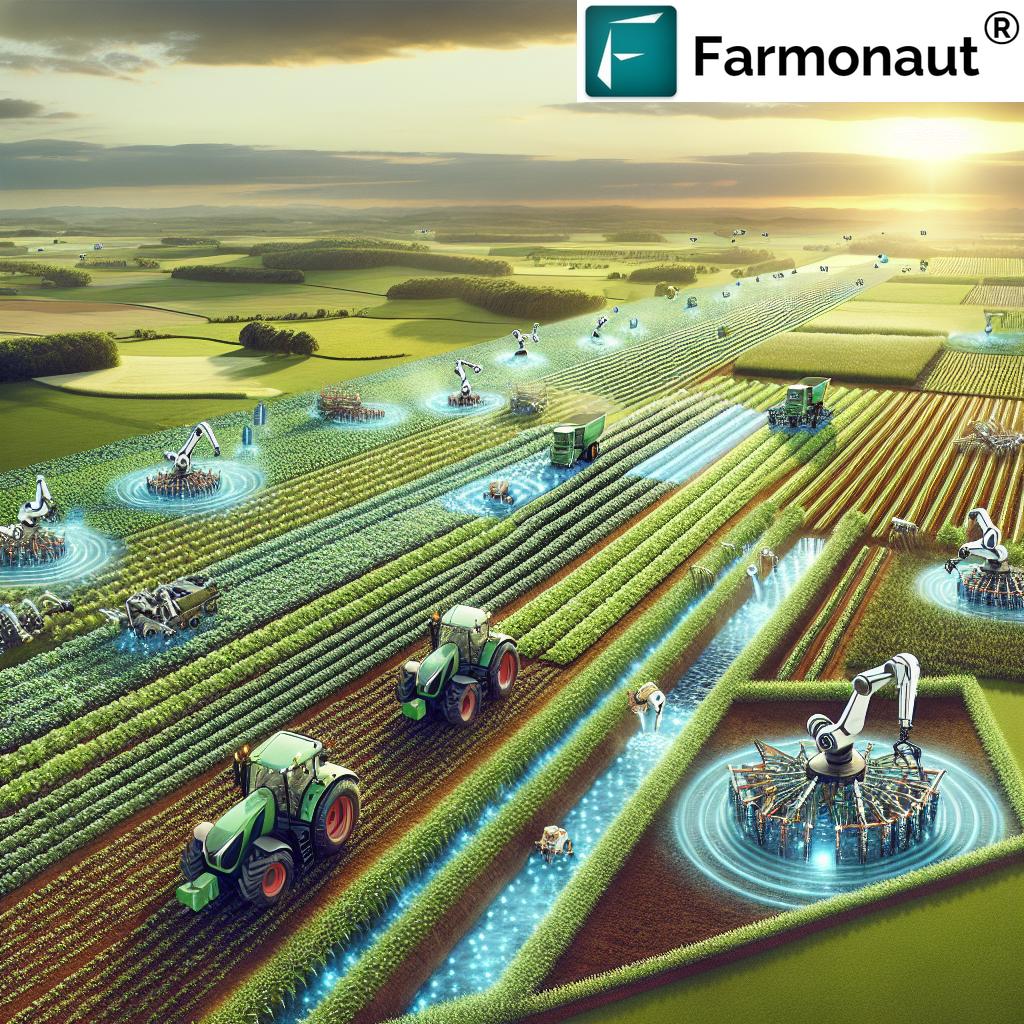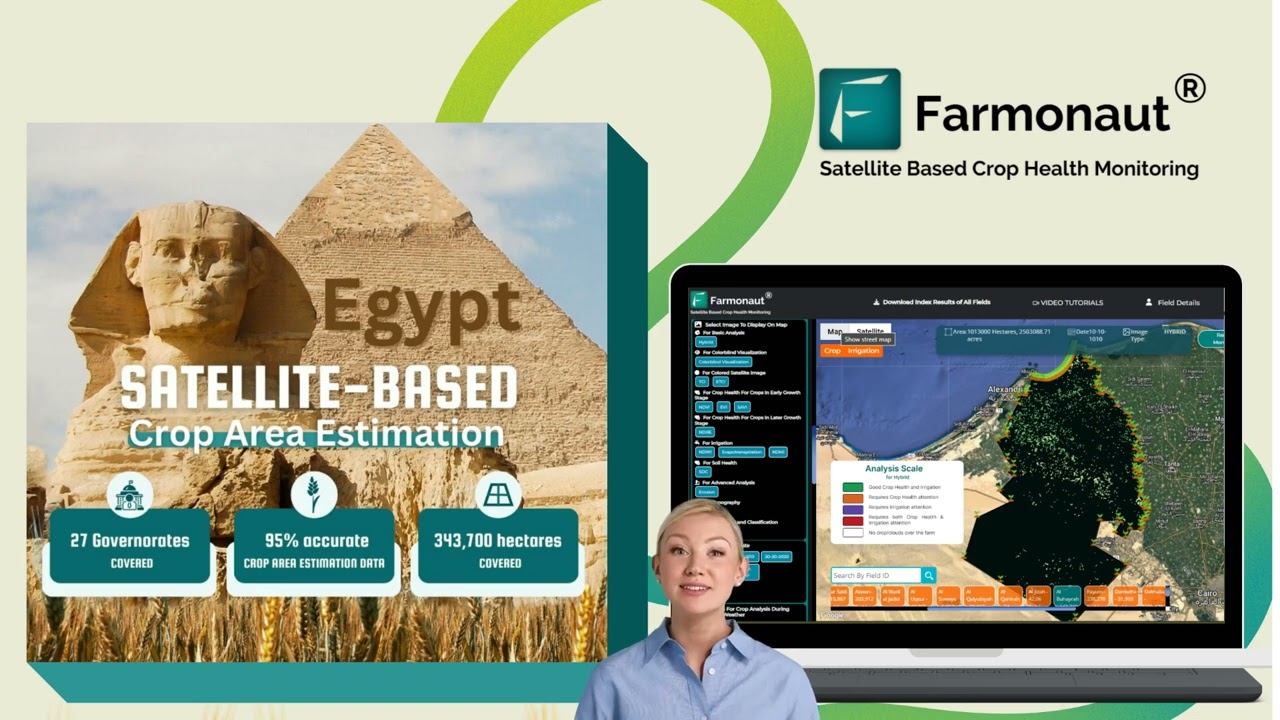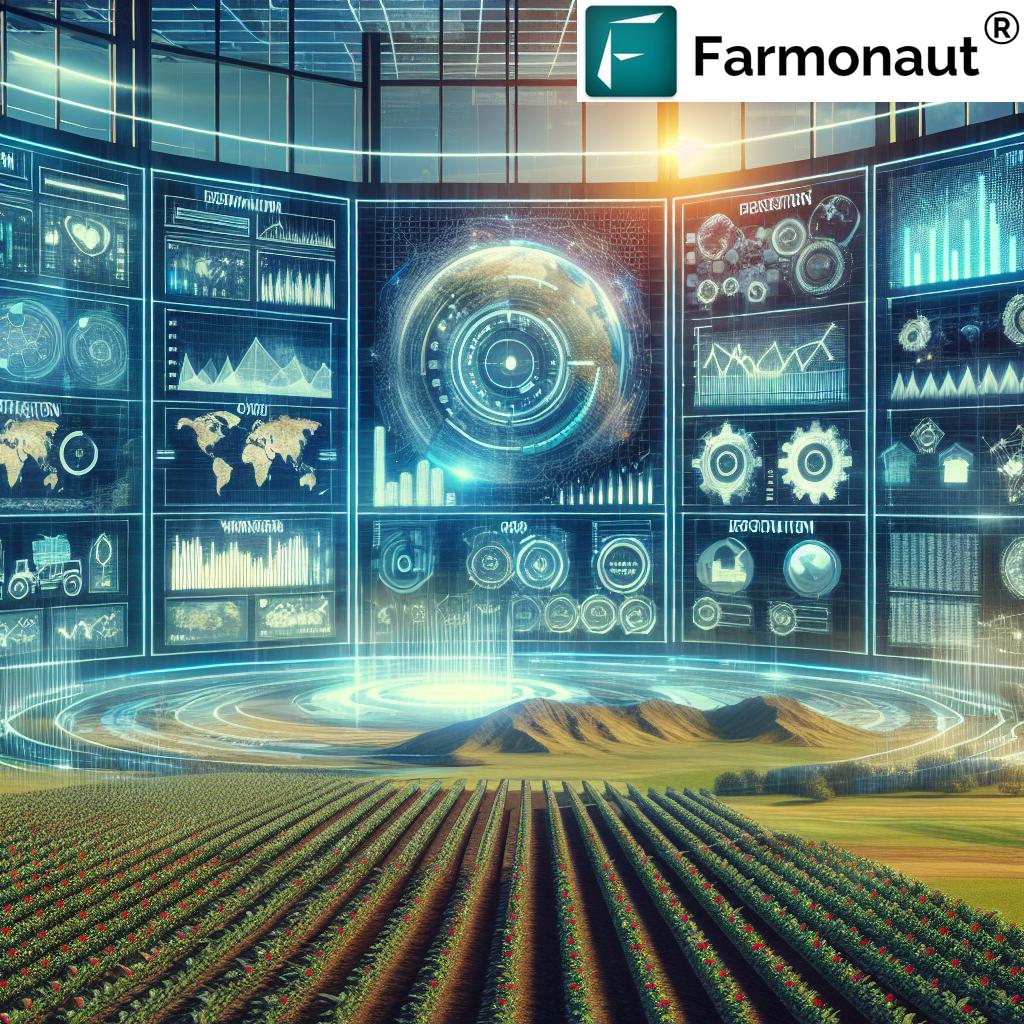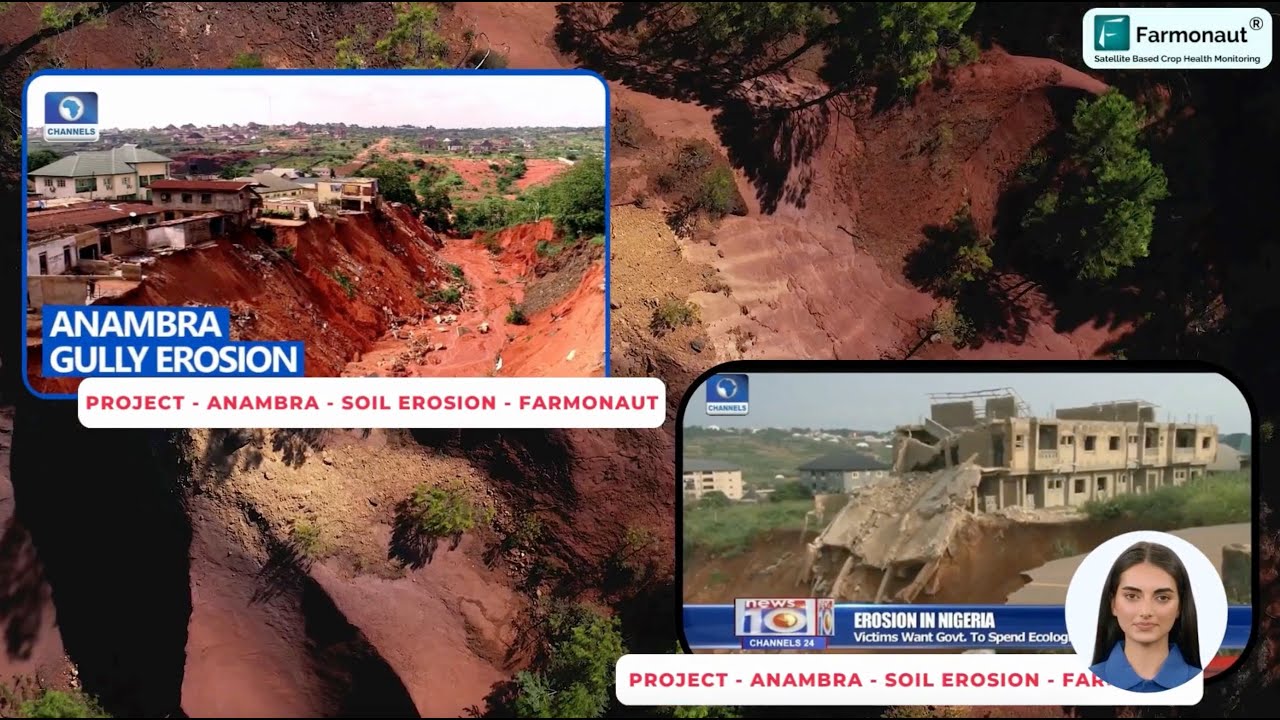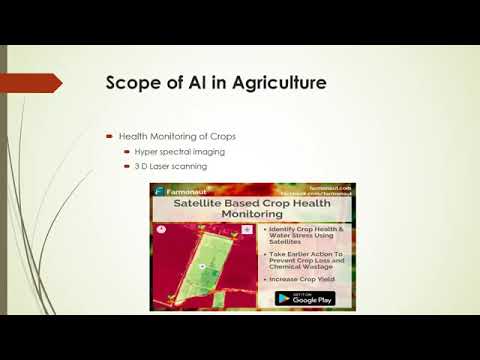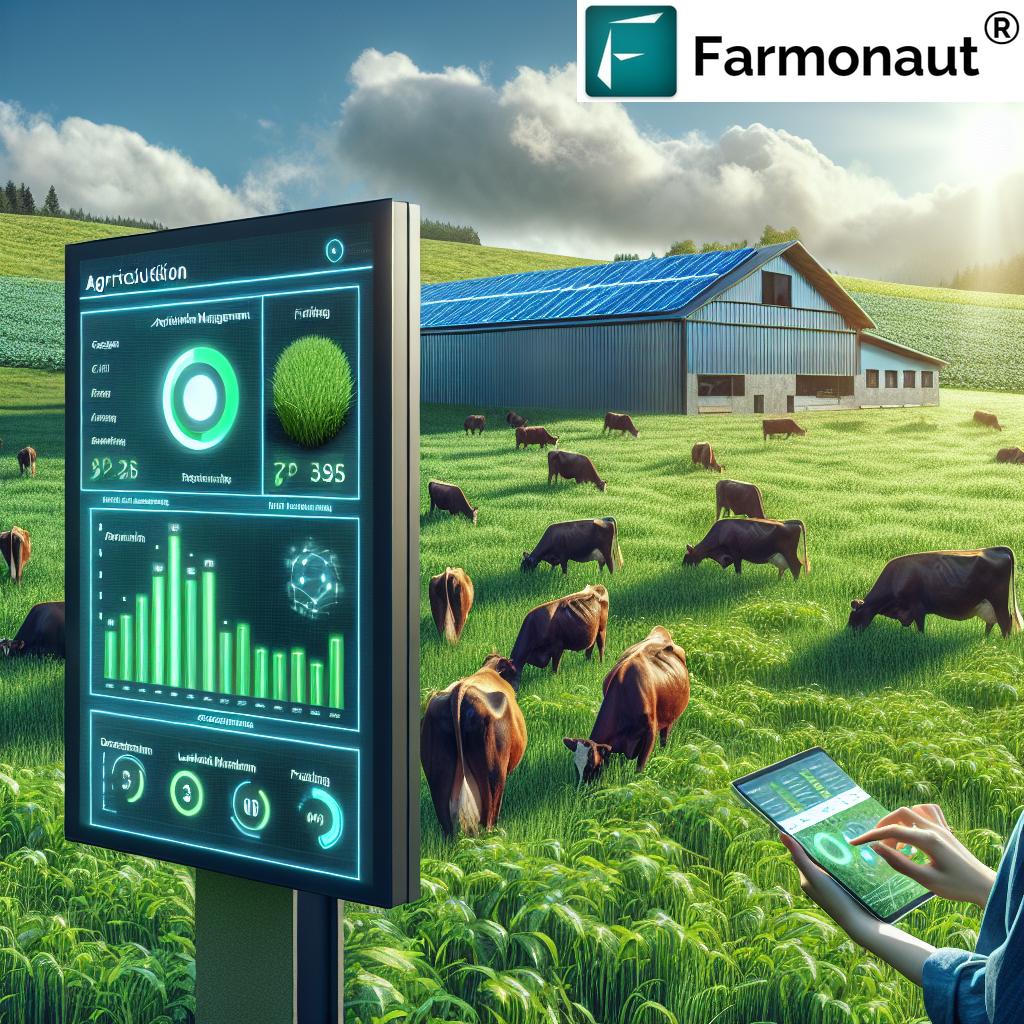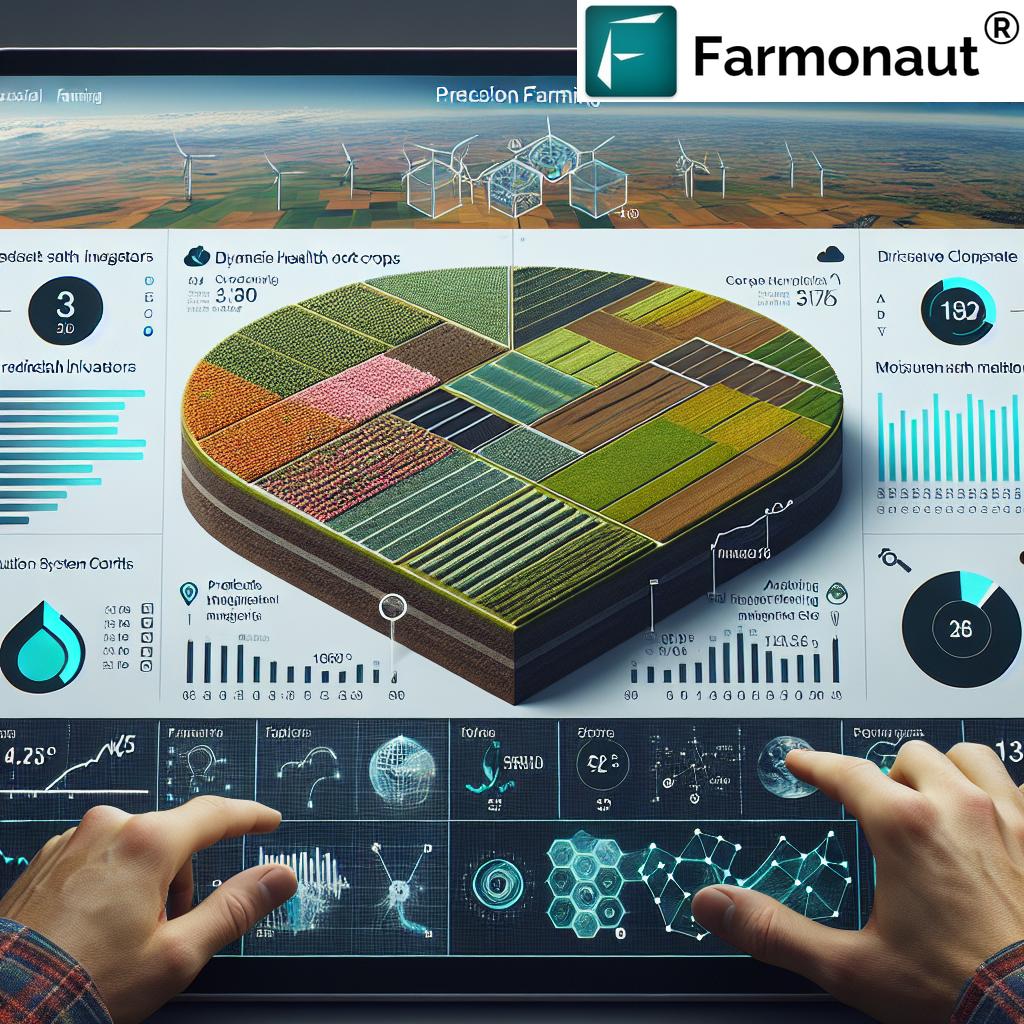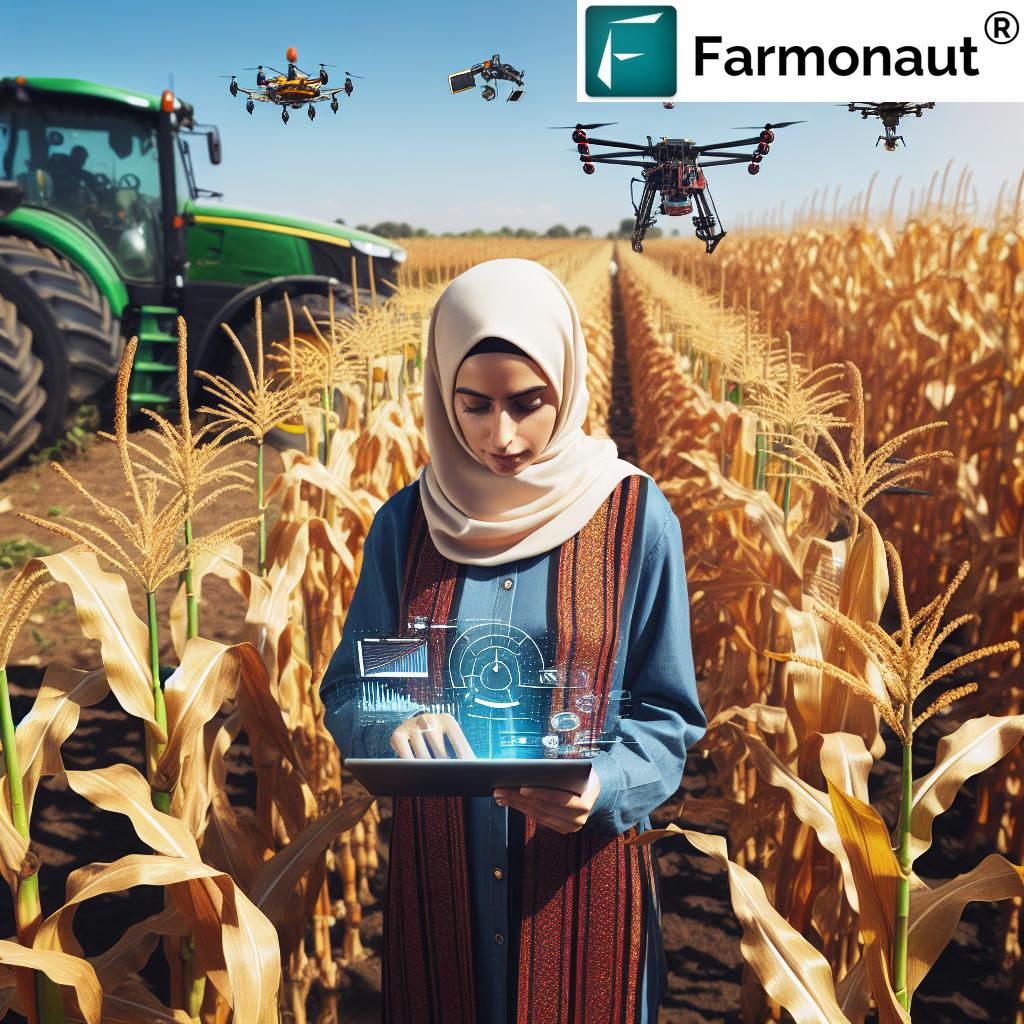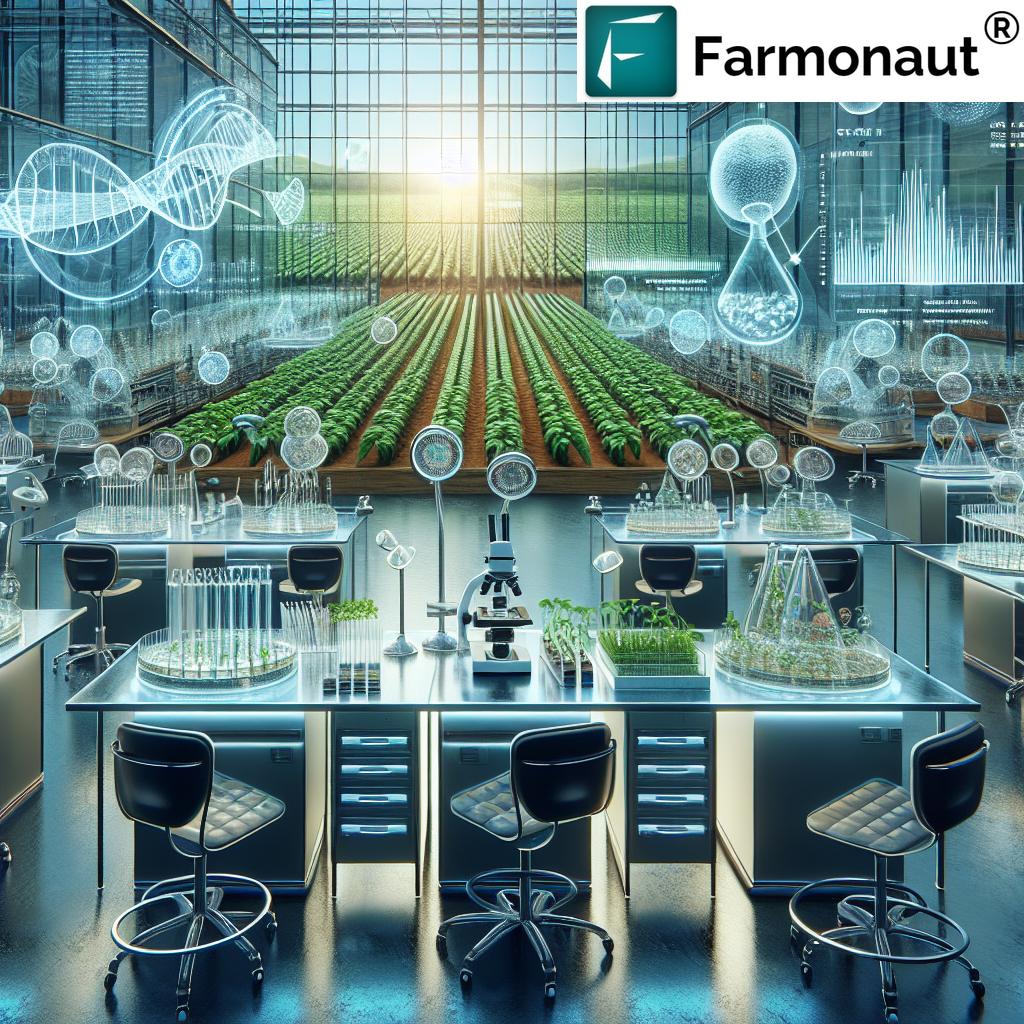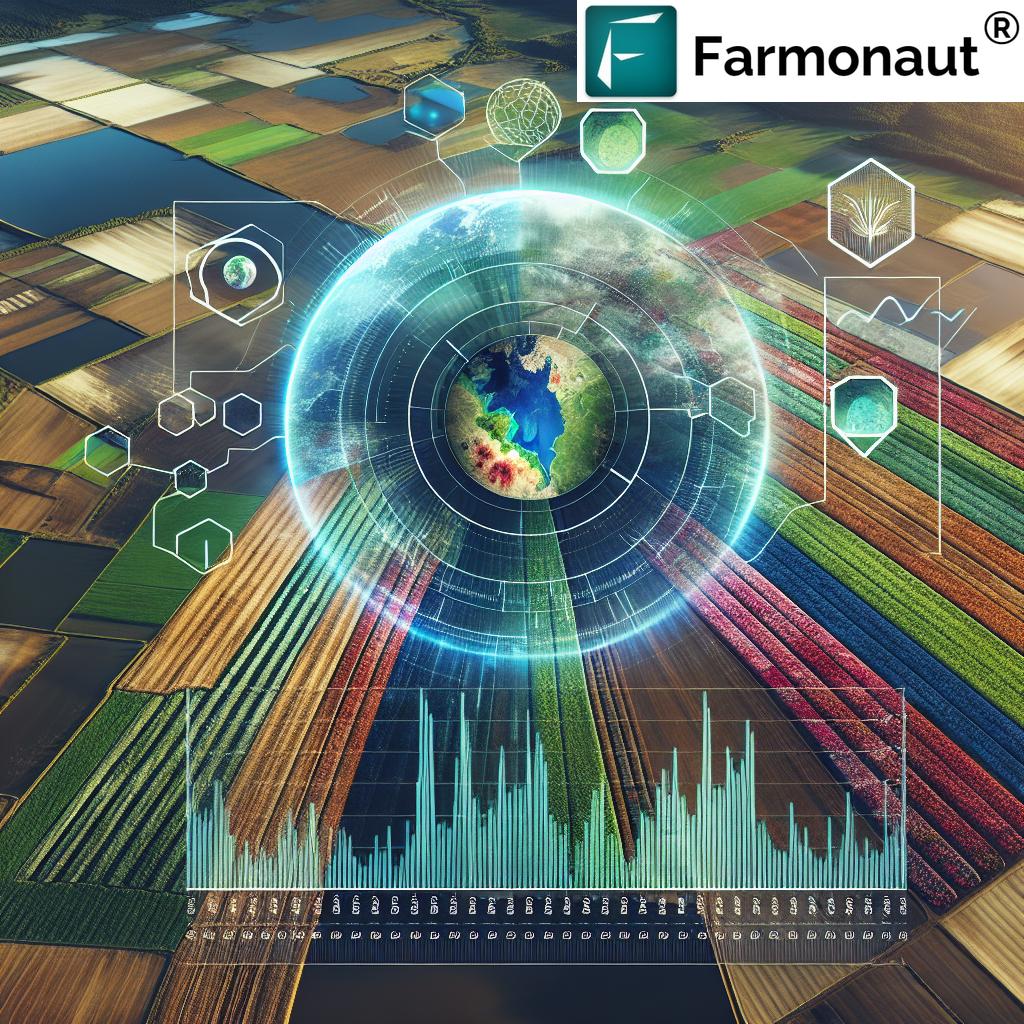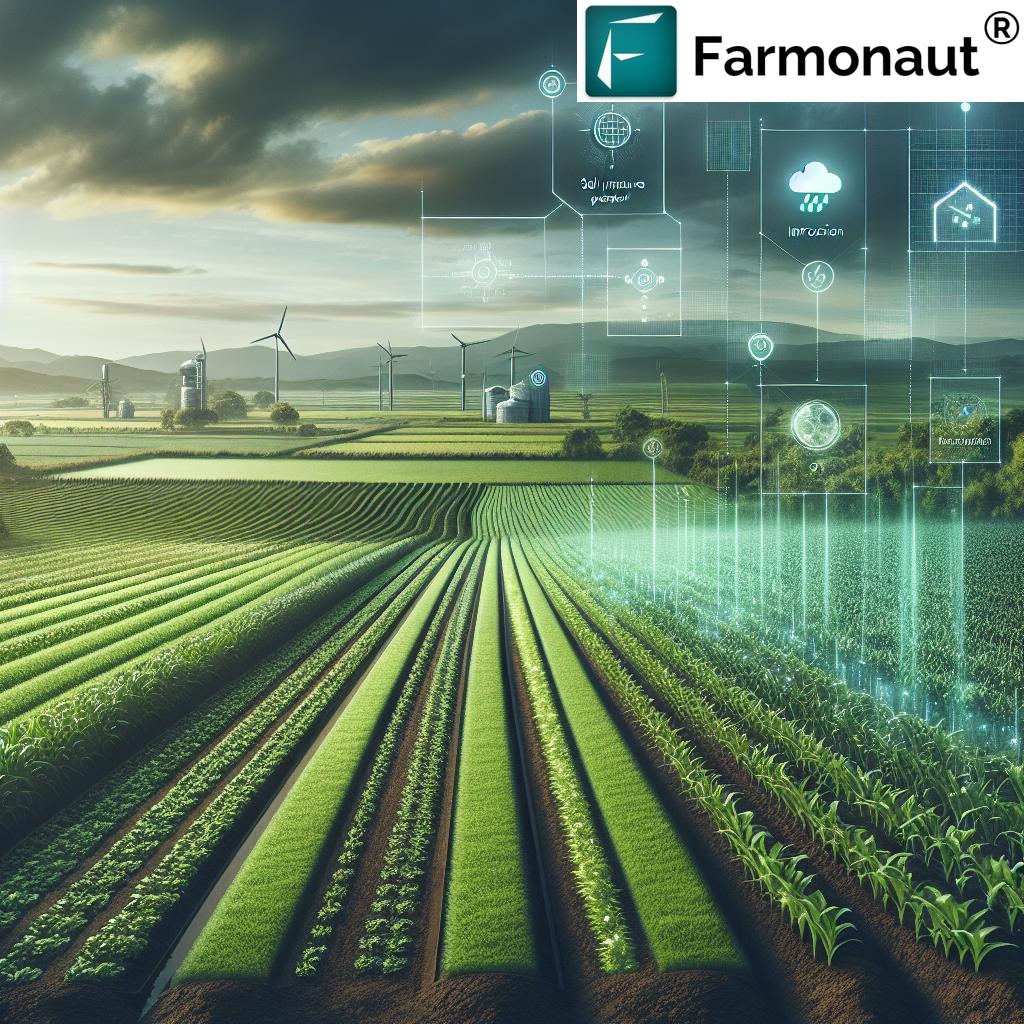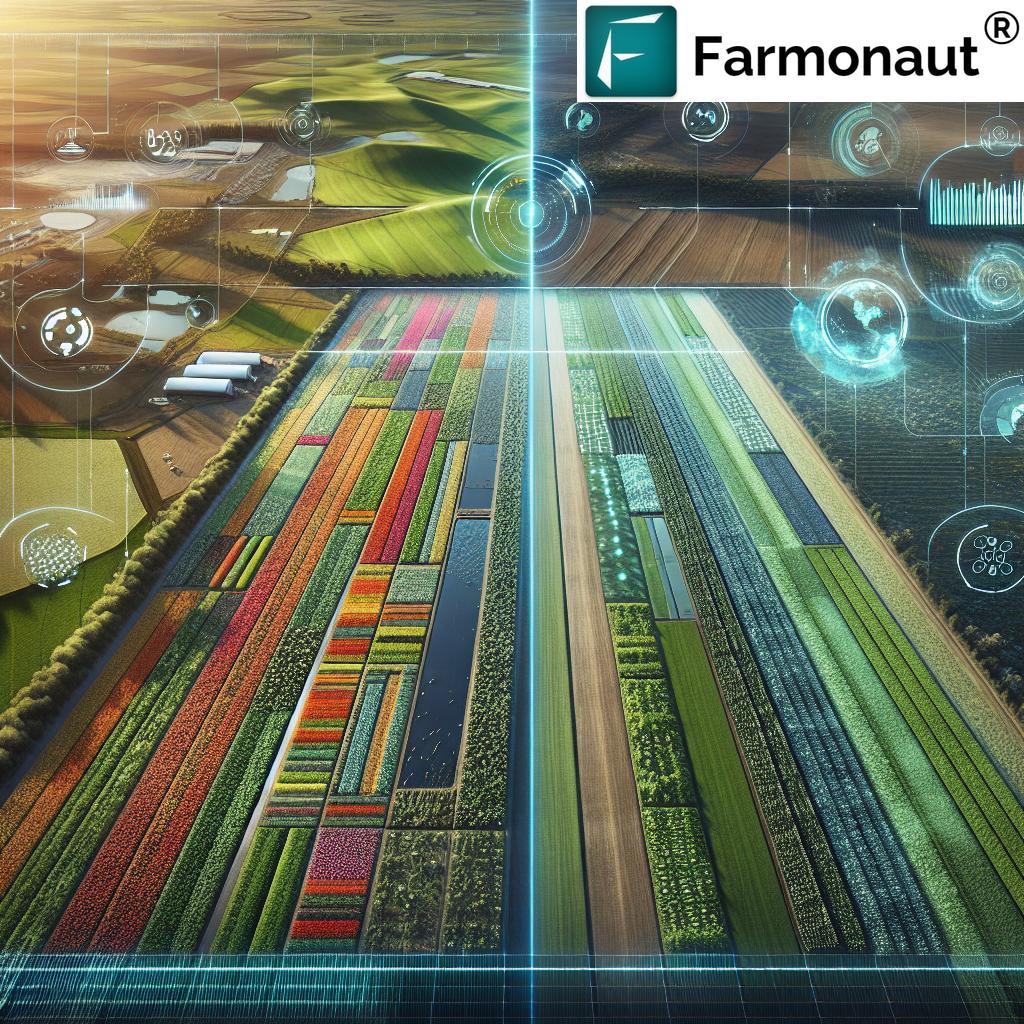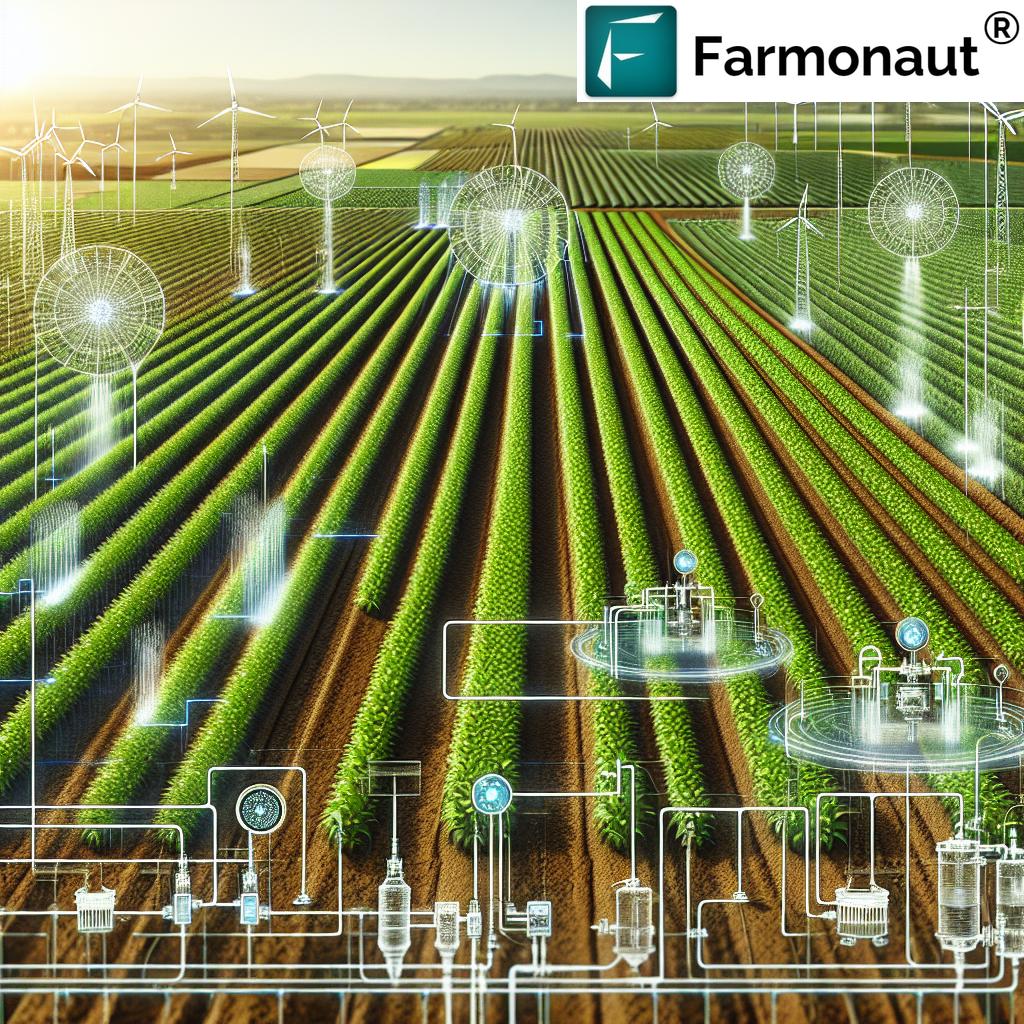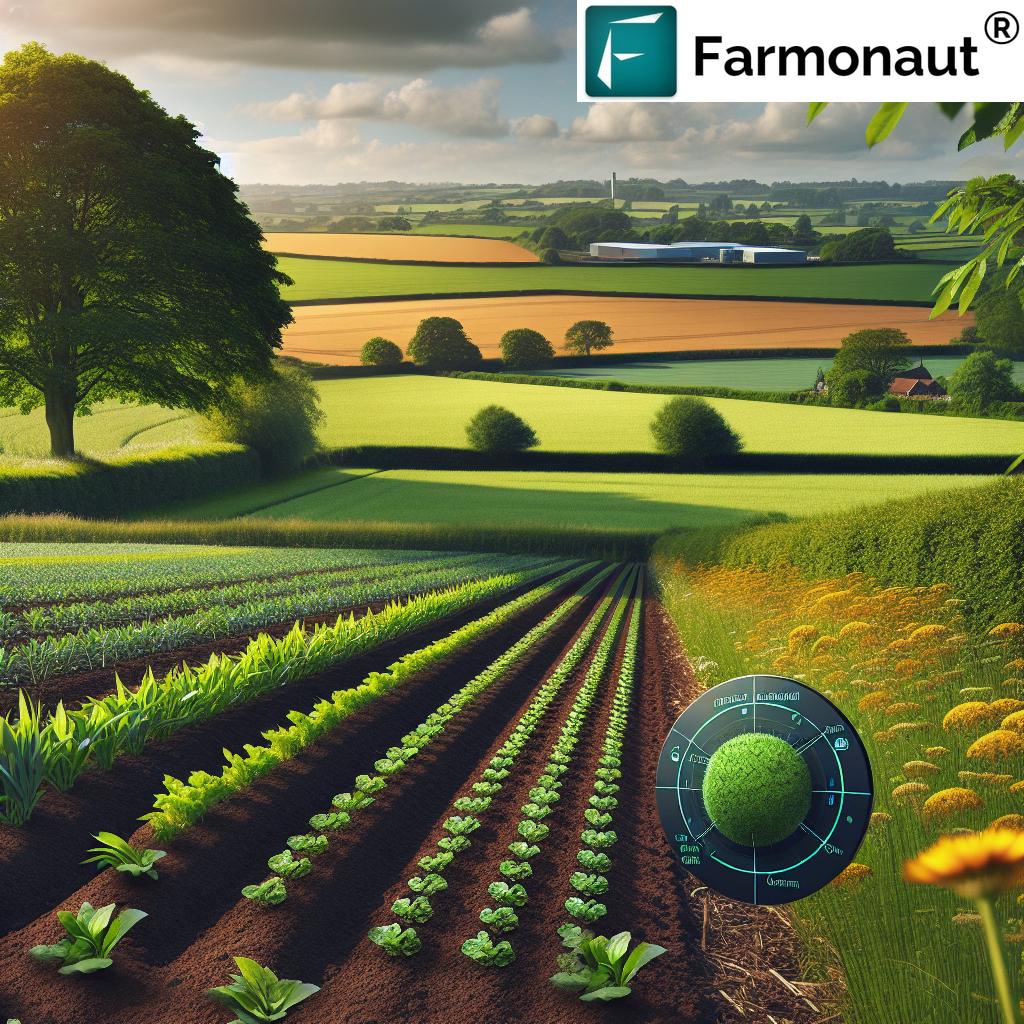7 Mind-Blowing Innovations in Farming Boosting Yields
“Robotic harvesters can pick up to 25,000 strawberries per day, vastly outpacing manual labor in speed and efficiency.”
Introduction: A New Era of Precision & Productivity
In today’s rapidly evolving world, the agricultural sector is undergoing a remarkable transformation. At the heart of this evolution are groundbreaking innovations that blend technology, data analytics, and sustainable land management to maximize yields, promote sustainability, and enhance climate resilience. We are witnessing the rise of precision agriculture: an approach that empowers farmers to optimize their practices, reducing waste and ensuring the world’s food supply remains secure.
Our journey today uncovers the seven most impactful innovations currently transforming farming. These advancements involve precision tools, automation, biotechnology, and much more, providing tangible benefits in increased productivity, reduced operational costs, and enhanced environmental stewardship. As we explore each breakthrough, we will see how they are reshaping the present and sculpting the future of global agriculture.
1. Precision Agriculture: The Power of Data & Technology
Precision agriculture stands as the cornerstone of contemporary farming technology innovations. By integrating satellite imagery, drone technology, the Internet of Things (IoT), and data analytics in agriculture, farmers are now able to monitor crops and resources with unprecedented accuracy. At its core, precision agriculture leverages real-time data to drive optimal decision-making, ensuring every drop of water, every gram of fertilizer, and every application of pesticides is used efficiently and only when needed.
Key Components of Precision Agriculture:
- Drone Technology in Agriculture: Drones equipped with multispectral imaging and advanced cameras identify weeds, diseases, and nutrient deficiencies. This enables targeted application of pesticides and fertilizers—minimizing chemical usage, reducing environmental impact, and lowering costs.
- Smart Irrigation Systems: IoT devices and smart sensors monitor soil moisture, weather patterns, and plant growth. These systems automatically adjust irrigation schedules, ensuring crops receive exactly the right amount of water, conserving resources and promoting healthier plant development.
- Advanced Data Analytics: The integration of agricultural data analytics through platforms like Farm Management Software empowers farmers to leverage historical and real-time data for optimized planting, pest management, and yield estimation.
By embracing precision agriculture, farms—regardless of scale—are achieving improved yields, reduced input waste, and lower environmental footprint. Technologies like Farmonaut’s farm management application bring these capabilities directly to farmers’ fingertips with real-time crop health monitoring, AI-based insights, and satellite-driven soil moisture analytics.
Through satellite-assisted large-scale farm management tools, both individual farmers and agribusinesses can optimize resource allocation and plan field activities for maximum productivity.
Benefits of Precision Agriculture:
- Significant increases in overall yield and farm productivity
- Reduced need for water, fertilizers, and pesticides
- Enhanced ability to respond to disease or stress in plants
- Improved sustainability by conserving natural resources
- Lowered operational costs
Want to take your digital farming solutions further? Integrate satellite and weather data directly into your enterprise platform using the Farmonaut API. For developers, detailed developer docs are available to seamlessly incorporate these data streams into your own advanced agri applications.
2. Automation and Robotics: Efficiency Redefined
The next quantum leap in agritech comes from automation in farming. By introducing robust machinery and intelligent robotics, we are transitioning from labor-intensive practices to a future where machines operate autonomously, efficiently, and continuously.
Game-Changing Automation Systems:
- Autonomous Tractors & Harvesters: These machines can plow, plant, and harvest crops with minimal human intervention. Guided by advanced sensors and GPS, they perform tasks such as soil preparation, seeding, and crop collection more efficiently than traditional methods.
- Robotic Harvesters: Using artificial intelligence, these robots identify perfectly ripe produce and harvest them delicately, ensuring minimal waste and top produce quality.
- Automated Spraying and Weeding: From drones to robotic arms, selective application of fertilizers, pesticides, and water vastly reduces chemical usage while targeting only affected plants.
Why Is Automation Vital for Future Agriculture?
- Addresses labor shortages in rural and developed regions
- Increases efficiency and speed (e.g., robotic harvesters can outperform human pickers by thousands per day)
- Enhances accuracy of planting, distribution, and harvesting to maximize yields
- Reduces overall operational costs in large and small farms
Maximize farm hardware utilization with Farmonaut’s fleet management solution. This advanced tool empowers you to track farm vehicles, machinery, and logistics operations—ensuring efficiency and reducing unnecessary running costs.
Key Automation Innovations:
- Self-driving machinery for continuous, 24/7 operation
- Smart sprayers and seeders using machine learning to identify crop needs
- Robotic weeders, dramatically reducing pesticide application
3. Biotechnology and Synthetic Biology: Sustainable Growth
Biotechnology is redefining the boundaries of what is possible in agriculture. By engineering both plants and supporting microorganisms, we are enhancing crop productivity in eco-friendly ways while reducing dependency on synthetic and potentially harmful chemicals.
Breakthroughs in Biotech for Agriculture:
- Biofertilizers: Engineered microorganisms promote efficient nutrient absorption in plants. This minimizes the need for manufactured fertilizers, which are historically resource-intensive and environmentally taxing.
- Biopesticides: Natural or genetically engineered solutions that offer effective pest control while safeguarding beneficial pollinators and reducing chemical residues in the soil and water.
- Lab-Grown Meat: Sustainable protein produced by culturing livestock cells, eliminating the environmental and climate-impacting effects associated with traditional animal farming.
Track and optimize your environmental performance with Farmonaut’s carbon footprint tracking solution. This real-time tool provides data on farm emissions, helping you progress toward sustainability and regulatory compliance.
Sustainability Impacts:
- Reduces greenhouse gas emissions and chemical run-off
- Enhances soil health through reduced chemical dependency
- Opens pathways for alternative proteins and resource-light food systems
Innovations in synthetic biology and bioengineering are not just helping us adapt to climate challenges—they also support a regenerative approach to land management and food production.
“Vertical farming uses up to 95% less water than traditional agriculture, revolutionizing food production in urban areas.”
4. Sustainable Land Management: Protecting Our Future
As we strive for climate-resilient farming, sustainable land management practices have never been more essential. These approaches focus on preserving resources, enhancing soil fertility, and restoring ecological balance, all while supporting the needs of an expanding global population.
Effective Land Management Systems:
- Agroforestry: The integration of trees, crops, and pasture within a single farming system. Agroforestry boosts productivity, improves soil quality, and preserves biodiversity—all while providing alternate streams of income through timber, fruits, and medicinal plants.
- Farmer-Managed Natural Regeneration (FMNR): Encourages the resurgence and management of native tree species alongside traditional crops, rebuilding landscapes, conserving resources, and regenerating soils.
These systems not only enhance yields and sustainability but also increase farm resilience to weather extremes and soil degradation. Tools like Farmonaut’s plantation & forest monitoring advisory empower farmers and agribusinesses to optimize tree planting, restoration, and long-term sustainability.
Key Benefits:
- Reduced soil erosion and improved water retention
- Enriched on-farm biodiversity
- Diversified revenue streams for smallholder and large-scale farmers
- Long-term climate resilience in farming landscapes
5. Digitalization and Data Analytics: Smarter Farms, Smarter Choices
The digital revolution is at the heart of modern agriculture. Farm management software, data analytics in agriculture, and the Internet of Things are empowering farmers to make data-driven decisions that maximize efficiency and profitability.
The Digital Farming Ecosystem Includes:
- Integrated Dashboards: Crop health, soil moisture, weather patterns, and harvest forecasts at your fingertips. Farmonaut’s crop health monitoring delivers such insights with a click.
- AI-Based Advisory Systems: Systems like Jeevn AI analyze satellite imagery and on-field data to give personalized management recommendations for every plot.
- Digital Traceability with Blockchain: Blockchain in food supply chain creates a transparent, tamper-proof record of a product’s journey from farm to table, building consumer trust and ensuring food safety.
Explore Farmonaut’s blockchain-based traceability platform to boost supply chain transparency and trust—especially critical for food, textile, and pharma industries.
Why Digitalization Matters:
- Allows for informed decision-making based on real-time field data
- Streamlines resource allocation and input management
- Simplifies compliance and reporting for farms and agribusinesses
- Ensures complete traceability and food safety for a global supply chain
Data analytics tools in agriculture are also being harnessed by banks and insurance providers for satellite-based verification of crop loans. Want to streamline agricultural finance processes? Discover Farmonaut’s crop loan & insurance solutions for improved risk assessment and fraud reduction.
6. Climate Change Mitigation and Adaptation: Building Resilience
As our climate grows increasingly unpredictable, climate resilience in farming becomes a central pillar for food security. New technologies and innovative systems empower every farmer to withstand environmental fluctuations, extreme weather, and resource scarcity.
Cutting-edge Solutions for Climate-Smart Farming:
- AI-Driven Weather Prediction Tools: Tools that analyze historical and real-time weather patterns, providing actionable advisory for when to plant, irrigate, and harvest.
- Soil Carbon Capture Technologies: Techniques and biological treatments to increase carbon sequestration, which helps mitigate climate change and enhances soil fertility.
- Robotic Pollinators and Microbial Supplements: Innovative agri-tools that support plant reproduction and soil renewal, increasing productivity even amidst challenging environments.
Digital platforms like Farmonaut equip users with the real-time weather and field data crucial for making rapid, informed choices to minimize losses and amplify resilience.
Comparative Innovations Impact Table
| Innovation Name | Technology Type | Estimated Yield Increase (%) | Estimated Cost Reduction (%) | Sustainability Benefit | Example Use Case |
|---|---|---|---|---|---|
| Precision Agriculture | Satellite, IoT, Data Analytics | 10–25% | 15–30% | Up to 20% less water & fertilizer per acre | Drone-based field mapping for targeted input application |
| Smart Irrigation Systems | IoT, Sensors | 8–15% | 20–35% | Saves 30–50% water per acre | Automated irrigation responding to real-time soil moisture |
| Automation & Robotics | AI, Robotics, Autonomous Vehicles | 12–40% | 25–50% | Reduces pesticide and fuel consumption by 30% | Robotic harvesters picking delicate crops, reducing labor |
| Biotechnology & Synthetic Biology | Bioengineered Microbes, Cellular Agriculture | 10–22% | 8–15% | Cuts chemical fertilizer/pesticide use by up to 40% | Biofertilizer-enhanced crop growth; lab-grown meat |
| Sustainable Land Management | Agroforestry, FMNR | 6–18% | 10–20% | Up to 60% less soil erosion, enhanced biodiversity | Agroforestry integration on degraded farmland |
| Digitalization & Data Analytics | Software, AI, Blockchain | 7–20% | 10–28% | Improved traceability, lower input waste | Farm management dashboards with satellite insights |
| Climate Change Mitigation & Adaptation | AI Weather Tools, Carbon Capture | 8–16% | 5–12% | Cuts risk of crop failure, increases soil carbon by 20% | AI-powered advisory for drought resilience |
Farmonaut: Empowering the Next Generation of Precision Agriculture
Farmonaut is driving the accessibility and affordability of precision agriculture through its advanced, satellite-driven tools. Our mission is to ensure that every farmer—from smallholders to large-scale agribusinesses and government agencies—can leverage the latest technological advancements for maximized productivity, climate resilience, and sustainable land management.
Farmonaut’s multi-platform solutions (Android, iOS, Web, API) include:
- Satellite-Based Crop Health Monitoring: Real-time, multispectral satellite insights for crop vigor, soil moisture, and more
- AI-Based Jeevn Advisory: Personalized, actionable recommendations based on your farm’s unique patterns
- Blockchain Traceability: Record the origin, transit, and quality of food and textile crops for global supply chain integrity
- Resource and Fleet Management: Optimize farm logistics and machinery utilization, cutting costs and boosting yield-per-acre
- Carbon Footprinting: Quantify and reduce agricultural emissions for eco-compliance and long-term sustainability
We operate on a cost-effective subscription model, scaling with your operational needs—be it one field or an entire agribusiness. Our API access invites integration with developers, financial institutions, and agritech partners for a seamless, data-driven ecosystem.
Ready to step into data-driven farming? Try Farmonaut today to transform your approach, increase yields, and ensure compliance for the future of sustainable agriculture.
FAQ: Agricultural Technology Innovations Explained
What is precision agriculture, and how does it boost yields?
Precision agriculture uses advanced technology—such as GPS, satellite imagery, and IoT devices—to collect and analyze field data. This enables targeted decision-making, improved resource allocation, and optimized use of water, fertilizers, and pesticides. The result: increased yields, lower costs, and enhanced environmental sustainability.
How does drone technology benefit farmers?
Drone technology in agriculture allows for real-time monitoring, mapping, and precise application of fertilizers and pesticides only where needed. This reduces the amount of chemicals used, limits environmental impact, and ensures healthier, more productive crops.
What are the advantages of automation in farming?
Automation and robotics help address labor shortages, perform repetitive tasks like planting and harvesting efficiently, and operate autonomously under various conditions. Machines can often run continuously, increasing operational efficiency and reducing overall labor costs.
How can biotechnology support sustainable agriculture?
Biotechnology and synthetic biology introduce biofertilizers and biopesticides that enable plants to absorb nutrients more efficiently and reduce the reliance on chemical inputs. Lab-grown protein also offers a sustainable alternative to conventional livestock farming.
Why is blockchain important for food traceability?
Blockchain in the food supply chain ensures every product’s journey is transparent and traceable from farm to consumer. This builds trust, reduces fraud, improves food safety, and aligns with regulatory requirements.
What does climate resilience in farming mean?
Climate resilience means that farming systems, practices, and technologies can withstand and adapt to extreme weather, changing climate patterns, and resource fluctuations. Integrating advanced forecasting, carbon capture, and adaptive management bolsters farm stability and productivity in the face of climate change.
How do I access precision agriculture solutions from Farmonaut?
You can access Farmonaut’s suite of precision farming tools through their web application, Android/iOS mobile apps, or APIs for custom integrations. Subscription plans are scalable—for individuals, cooperatives, agribusinesses, and institutional users.
Conclusion: The Future of Farming is Now
The integration of precision agriculture, automation, biotechnology, and digital platforms marks an exciting era for the agricultural sector. These mind-blowing innovations are redefining the boundaries of what is possible: maximizing yields, ensuring food security, lowering environmental impact, and anchoring farms in the resilient practices needed for tomorrow’s challenges.
Solutions like those offered by Farmonaut democratize access to state-of-the-art precision farming, empowering every farm, large or small, to thrive in an increasingly data-driven, sustainable global marketplace. By continuously expanding their suite of intelligent, accessible, and climate-resilient technologies, Farmonaut leads the agricultural world toward higher productivity, lower costs, and a secure future for us all.





